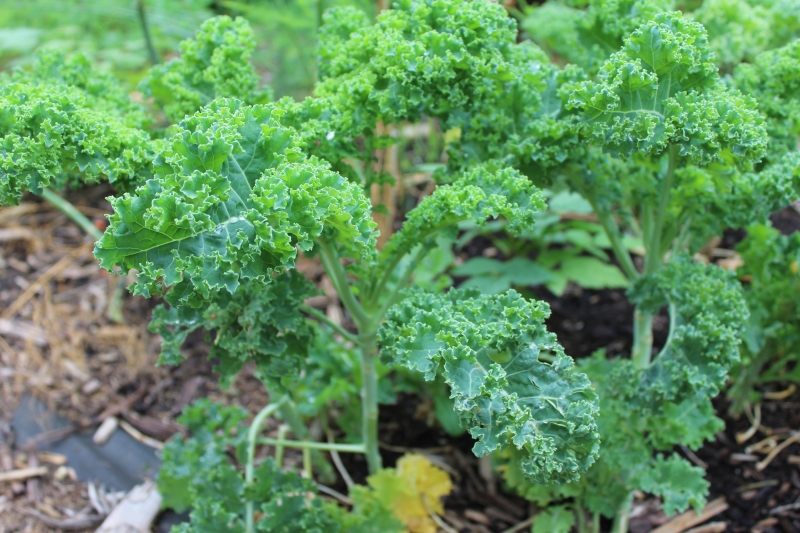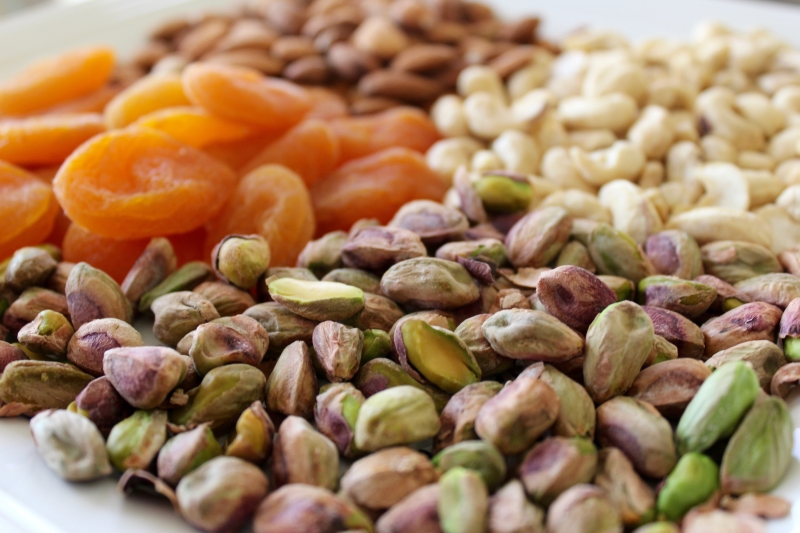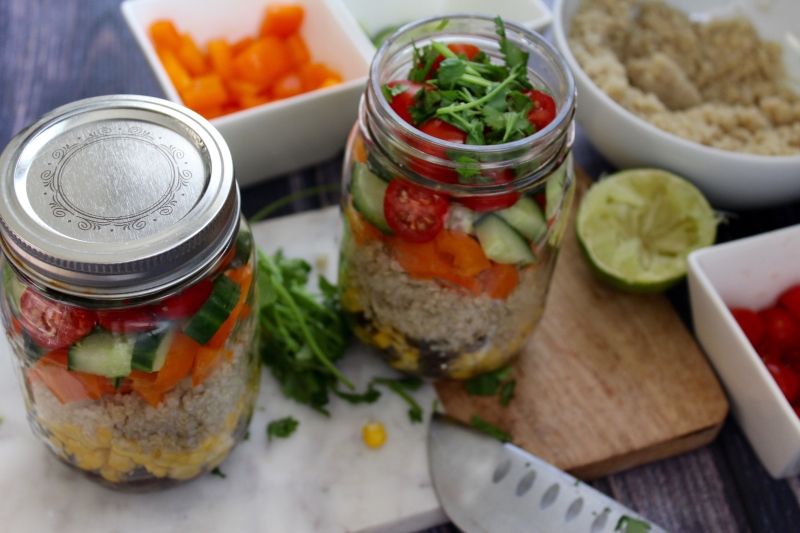Eating healthy while on a tight budget can seem impossible, especially with the food supply system set up to provide cheap fast food within a fraction of the cost of healthier options. Unfortunately, the easy access to fast food and other unhealthy food choices can tempt you to give up on your healthy eating goals and cause you to gain weight and the lifestyle diseases that accompany with poor nutrition. Fortunately, you do not have to resign yourself to a lifetime of eating junk even when you have a limited budget. By following a few simple tips, you can get much-needed nutrition at a cost that does not require you to break the bank. Below are a few tips to help you eat better on a small budget:
-
Buy Seasonal Produce
Buying fruits and vegetables when they are in season is a great way to stock up on these essentials without having to spend too much money (1). In season produce often costs much less than out of season options and is available in large enough quantities to allow you to buy, prepare and freeze. Consider purchasing items in season in bulk and preserve them for use at a time when they will not be so abundant. Grab this In-Season Shopping Guide for easy reference.
Planning your meals in advance is the best way to cut down on your grocery spending as you will have all the ingredients at hand and avoid having to run out every so often for missing items. In addition, it allows you to determine exactly how much you need for the week so that you can look out for discounts for bulk shopping and avoid having to fall back on fast food in the event that you do not have what you need to prepare a meal. If you need some help in meal planning, check out my 20 Power-Bowl E-Book for easy one bowl meal ideas.
Preparing large meals that use simple but healthy ingredients is another way to eat well on a budget. Simply prepare all your meals on one day e.g. the weekend, freeze them for use on use on days when you will be too busy to whip up a freshly prepared meal and even use the leftovers for quick breakfasts and lunches. Some of my favorite things to make on the weekend are Homemade Granola Bars that are perfect to toss into lunchboxes or when you need a snack. Overnight Oats are great make-ahead breakfast ideas, and of course Slow-Cooker Shredded Chicken means I have ready-made protein I can add in a wrap, salad, or for an easy dinner.
4. Watch for Sales
Many food items will be on sale when in a season (2), allowing you to get great deals on essential items. In addition, many stores will have the occasional sale on slow moving items, and you can take advantage of these to stock up on your favorite ingredients. Make sure that the items you plan on purchasing are not due to expire, however, otherwise you will find yourself having to toss them out and wasting valuable money. I love to stock up on whole-food pantry basics when these items are on sale. Some of my favorite items include: Good quality oils and vinegar, quinoa, whole grain pasta, chia seeds, organic no-added sugar pasta sauces, organic low-sodium stocks, dried unsweetened fruits, cans of coconut milk, beans, and bags of lentils are great whole foods to stock up on when they are on sale. Remember if nuts and seeds are on sale, store them in the fridge or freezer to ensure they last longer and reduce the chance of them going rancid.
5. Grow your own Produce
If you have a bit of space and the patience to wait for plants to grow, you can grow your own produce on your balcony or in the yard or garden. Seeds and growing medium are pretty inexpensive and you can ensure a continuous supply of produce by putting in as many varieties of easy to grow fruits and vegetables for your use. Homegrown produce also tastes much better as you can usually use it directly after picking. In addition, you can control a number of chemicals that go into fertilizing and pest control and ensure that you and your family do not consume poisonous chemicals associated with big farming. Some of my favorite things to plant in small spaces are herbs, tomatoes, peppers, strawberries, and every variety of green leafy vegetable I can get my hands on. So don’t worry if you apartment balcony is tiny as these things grow great in small containers.

6. Pack your lunch
Eating out can really eat into your food budget, especially if you choose to frequent establishments that use fresh ingredients and create meals from scratch. Packing your lunch from leftovers or pre-prepared bulk meals will help you avoid spending money eating out and ultimately help you make major savings in this area. Salad Jars are one of my favorites make-ahead lunches. Veggies, protein, a grain, and tasty dressing fit perfectly into each jar. All you have to do is shake and enjoy!
Just because you are on a limited budget, it does not mean that you have to make poor food choices or resign yourself to food that neither fills you up nor provides adequate nutrition. By making a few simple choices, you should be able to get the nourishment you need and save much-needed funds in the process. Interested in learning more, check out this other great article on ways to save on food costs.







